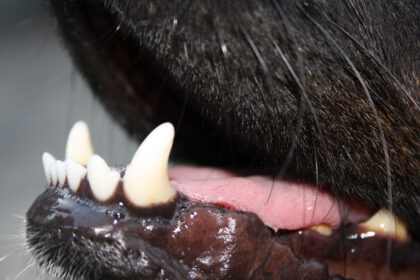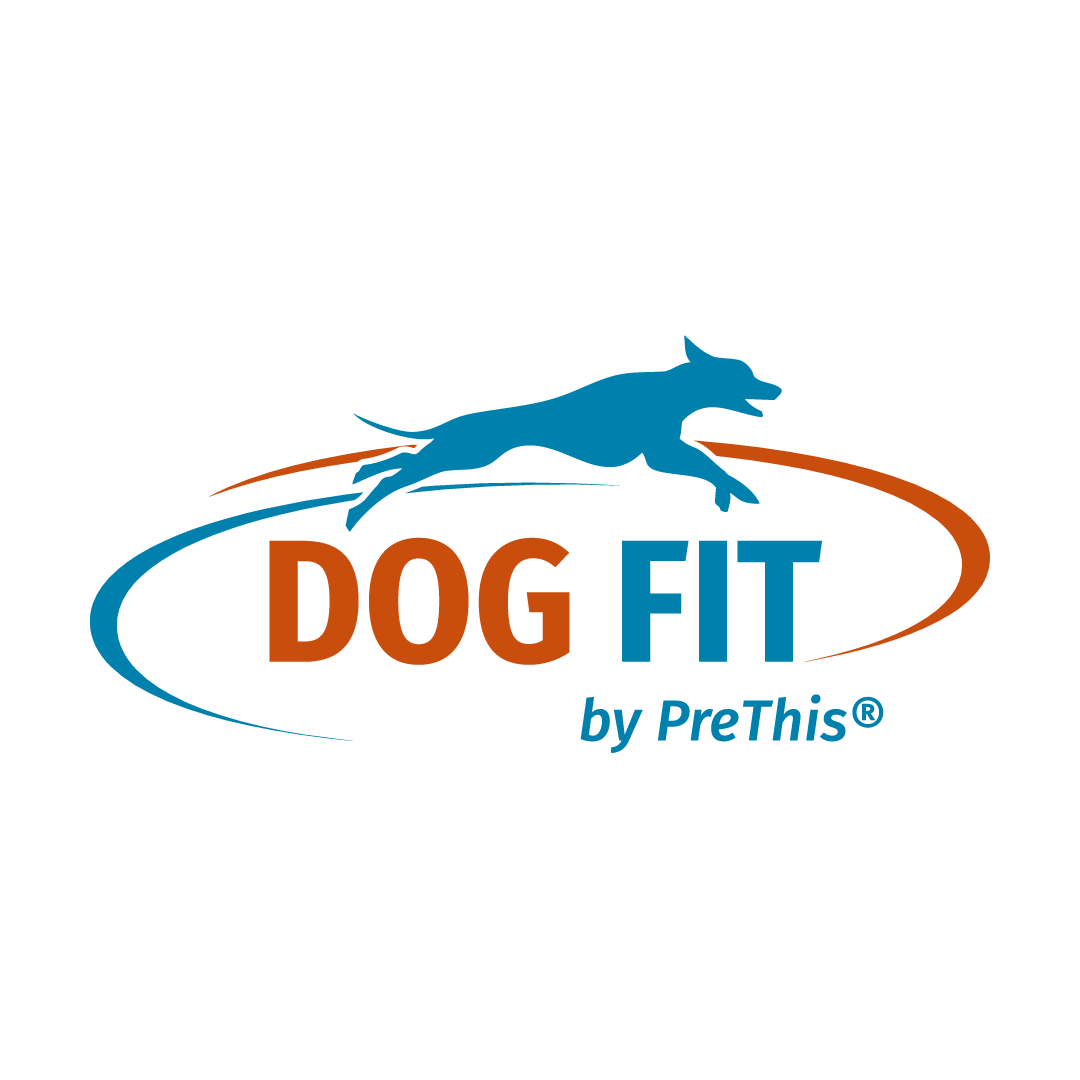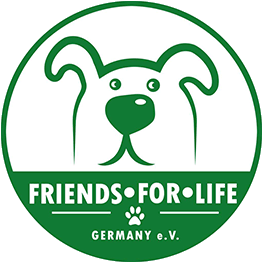 Teeth brushing for dogs – a sensible measure or rather a pain? This question occupies many dog owners, and the answer is often not clear. In this article we would like to show why brushing dogs’ teeth is not only nonsensical, stressful and anything but species-appropriate.
Teeth brushing for dogs – a sensible measure or rather a pain? This question occupies many dog owners, and the answer is often not clear. In this article we would like to show why brushing dogs’ teeth is not only nonsensical, stressful and anything but species-appropriate.
The dog and its teeth
Before we get into the details, it is important to understand how the anatomy of dogs compares to humans. Dogs generally already have healthier teeth than humans. This is due to the dental status of the predator’s dentition and their natural diet, which is geared towards crushing and then devouring prey. In contrast, humans eat different, or prepared and usually softer foods, which are more likely to cause dental problems. For humans, however, brushing their teeth has been part of general body hygiene for thousands of years.
Brushing dogs’ teeth is not species-appropriate
One of the main reasons why brushing dogs’ teeth is problematic is because of the way it is done. Dogs often find it uncomfortable when foreign objects are introduced into their mouths. This can lead to stress and anxiety, which is distressing for the animal. The concept of brushing teeth does not correspond to the natural behaviour of dogs and can lead to unnecessary pressure. Dogs that have it done to them have been trained – like in the circus – which does not mean they like it, just because they endure it.
Tartar and tooth brushing
Another misconception is that brushing dogs’ teeth removes tartar, and in fact brushing dogs’ teeth often has limited effect on tartar formation. The main causes of tartar are a diet of ready-made food, which can trigger a tartar-promoting shift in the pH in the mouth, too little or the wrong chewing material and, in small dogs, too narrow a tooth space due to breeding. Brushing the teeth cannot effectively remove tartar – neither in dogs nor in humans.
Stress for the dog
In addition, many dogs find manual cleaning of the teeth uncomfortable – even if they don’t show it directly and they can’t talk either. The stress this causes (especially with ultrasonic toothbrushes) can lead to a negative experience for the animal. This stress can manifest itself in a variety of ways, from fear to physical resistance. Brushing the teeth thus becomes an unpleasant experience not only for the dog but also for the owner.
The right tartar prophylaxis
The best way to prevent tartar in dogs is to feed them a species-appropriate diet and offer them chewing materials. By chewing on natural chewing items such as bones, bullwhips or rabbit ears with fur, the dog can clean its teeth naturally. The wolf eats its prey whole, the fur cleans interdental spaces, muscle flesh, vision, cartilage and crushing the bones to get to the bone market rubs off plaque – which can otherwise become tartar in the process. This is its natural tartar prophylaxis. Ready-made foods have nothing to do with a natural and healthy diet for dogs and are an invention of man. They do not contribute to dental health or to general health.
A widespread fairy tale of the feed industry (which also commissions many veterinarians) is the assumption that dry food cleans the teeth. This is not the case in reality, as dry food is usually chewed too quickly to have a cleaning effect. Dogs are gnawers by nature. By the way: 90% of all ready-made food is an industrial product consisting of low-quality contents, waste and artificial additives.If tartar has already occurred in the dog
Wenn es schon zu Zahnstein beim Hund gekommen ist
For dogs that already suffer from tartar or need additional support, a sensible diet and chewing material is crucial in the first place. By the way: Dental snacks have no place in a dog’s mouth. Those who do not understand the declaration should inform themselves. The pocket book: “Dogs would live longer if…”, by Dr. Jutta Ziegler, enlightens dog owners with regard to feeding, the feed industry and dealing with veterinarians.
DOG FIT by PreThis® WHITE dental plus is an effective solution for removing tartar from dogs. However, the basic requirements explained above should be met. The product was developed to promote dental hygiene and reduce tartar. It contains natural ingredients that help to soften tartar and improve the dog’s oral health.
Conclusion
Overall, it shows that brushing dogs’ teeth is not only nonsensical, but can also be stressful. The focus should be on species-appropriate nutrition and the use of appropriate chewing materials to support dental health. The dog will thank you if you respect its needs and natural behaviour. Whether St. Bernard or Chihuahua, a dog is a dog and the ancestor is the wolf. Does it have tartar? Probably not.

Every day we experience the wonders of nature with our dogs. This inspiration is the basis for our lives and our products. In our magazine we share with you our passion for these wonderful animals. Visit our socials and become part of the DOG FIT community.


Leave a Reply